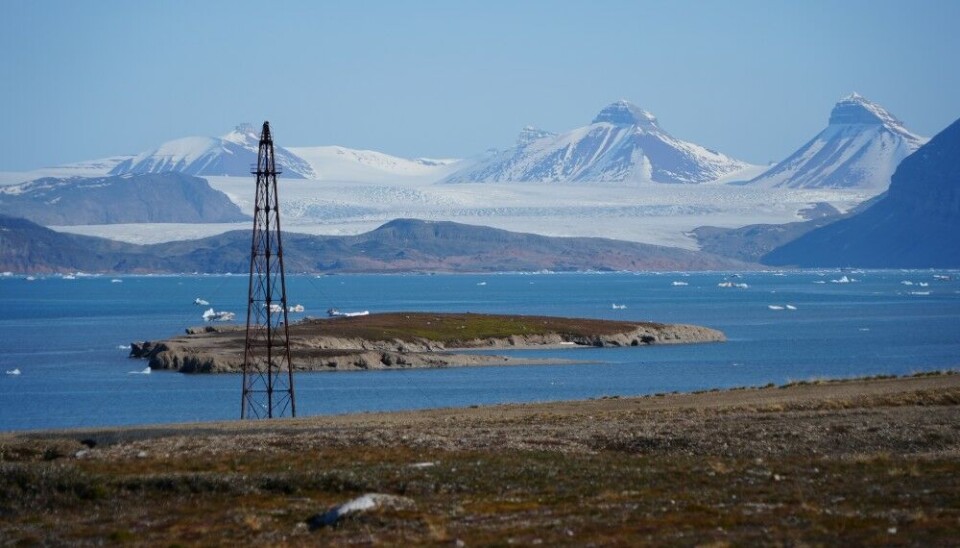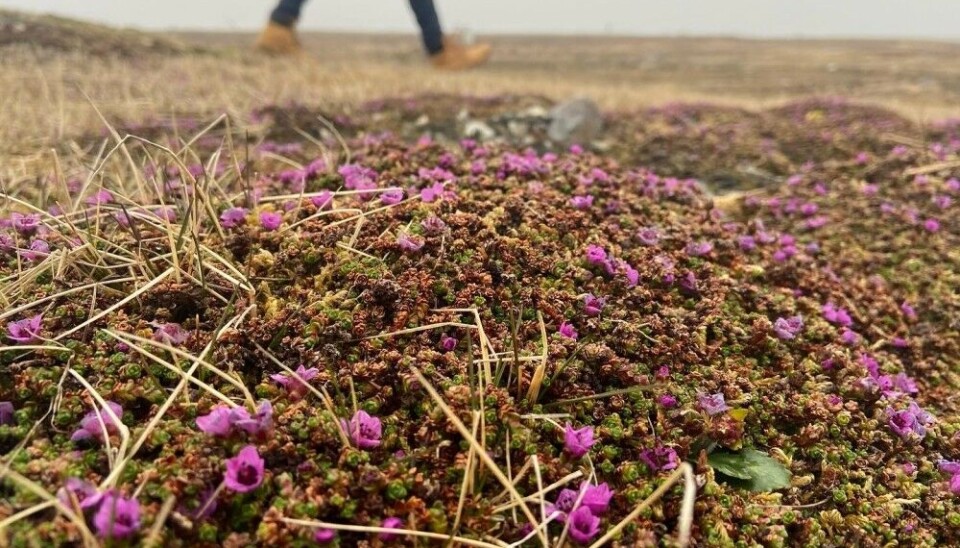
Warming climate changing CO2 balance in northern ecosystems
A recent study has found that climate change is significantly altering how northern ecosystems manage carbon dioxide (CO2) in permafrost and non-permafrost areas, something the researchers say could have major implications for the global carbon balance.
“Recent non-growing-season CO2 losses have substantially impacted the CO2 balance of permafrost ecosystems,” the researchers said in their paper published on July 26 in the journal Nature Climate Change.
To do the study, the paper’s authors, which include Canadian and international researchers, analyzed decades of CO2 data from tundra and boreal regions.
The researchers found that non-permafrost areas are becoming better at absorbing CO2.
Meanwhile, permafrost areas, even though they experience summer CO2 uptake similar to non-permafrost regions, are actually losing more in the rest of the year, a significant finding because the released carbon adds to greenhouse gases and accelerates global warming, the authors’ said.
“Permafrost ecosystems are currently warming three to four times faster than the global mean, making this critical soil [carbon] pool increasingly vulnerable to decomposition,” the paper said.
“Although increased plant [carbon] uptake may offset some portion of soil [carbon] losses, the climate impact of CO2 and methane (CH4), [carbon] emissions from the permafrost region over the next century will likely be comparable to a high-emissions nation.”
The researchers also found that increasingly warming summers are increasing the carbon cycle accelerating plant growth and the ground’s release of CO2.
“These findings suggest that water and nutrient availability will be important predictors of the carbon cycle response of these ecosystems to future warming,” the study said.
The researchers say the findings highlight how sensitive northern ecosystems are to climate change and their ability to manage carbon, information which can help inform climate policy.
“These permafrost [carbon] losses are not accounted for in the emissions targets set forth in the Paris accord,” the paper said.
This story is posted on the Barents Observer as part of Eye on the Arctic, a collaborative partnership between public and private circumpolar media organizations.














